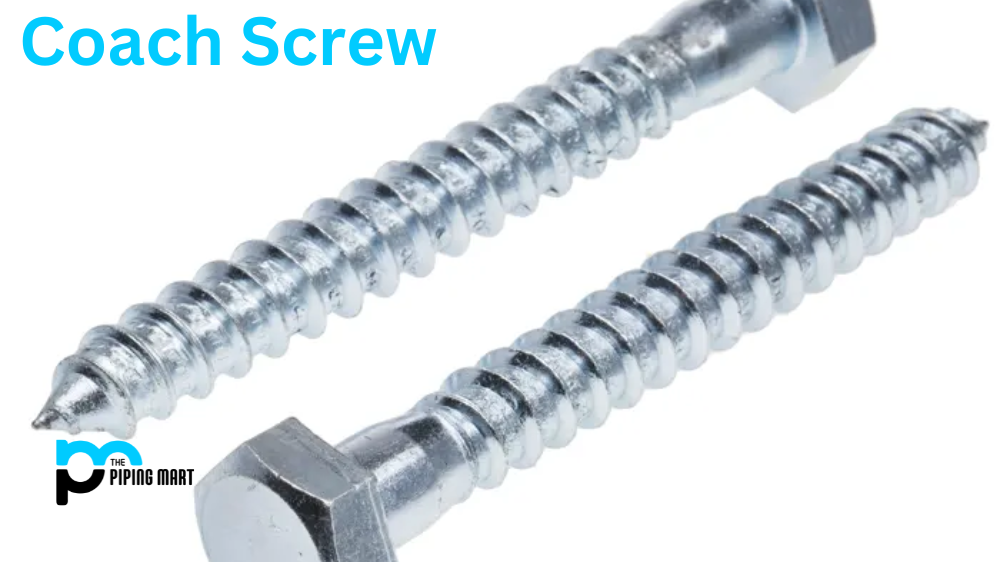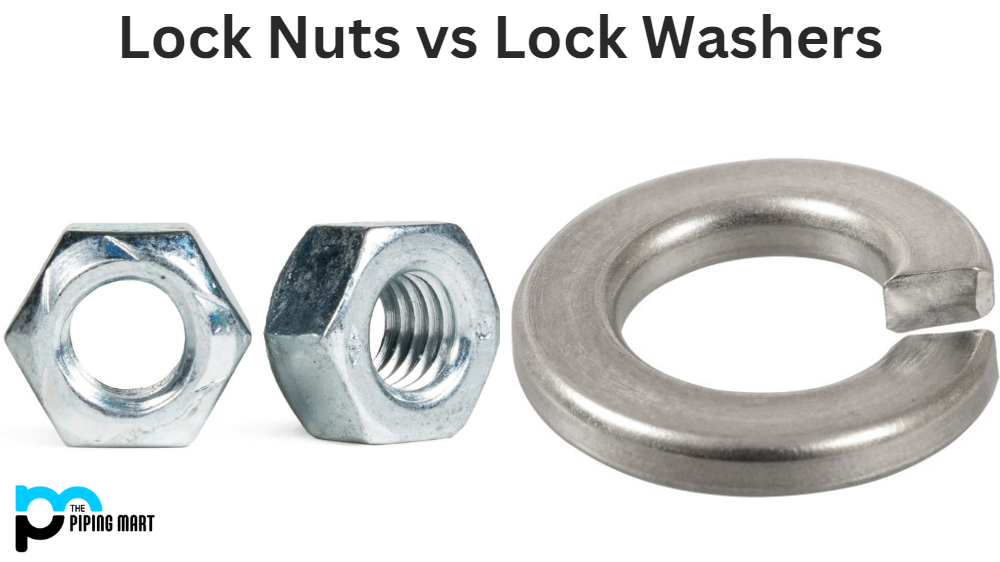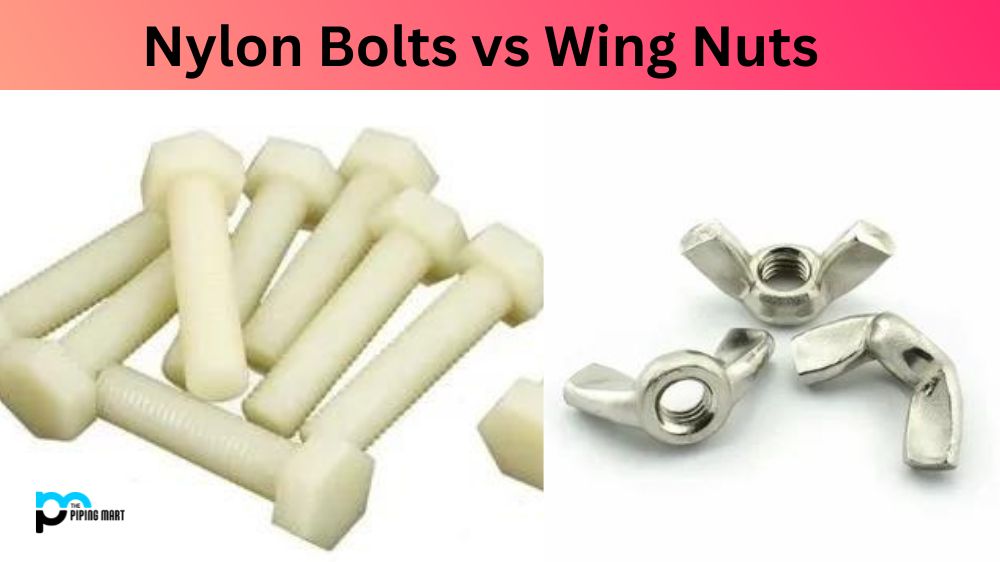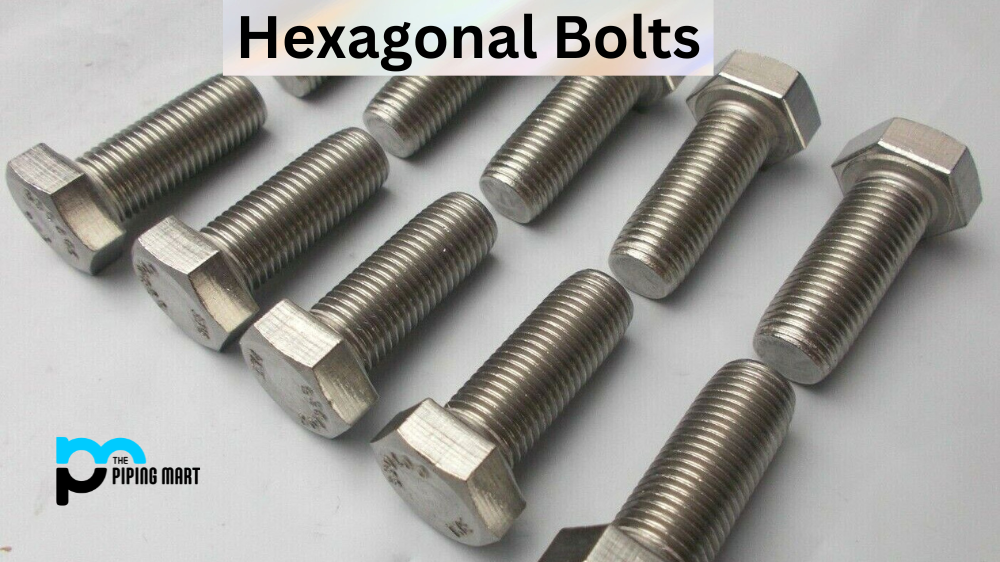Stainless steel profiles are essential in various industrial and construction applications thanks to their durability and strength. Many fastening options are available to attach these profiles to buildings, machines, and other structures. One such method is coach screws, popular for their strength and versatility. However, it is crucial to weigh the advantages and disadvantages of coach screws to determine the best solution for your project. In this blog post, we’ll delve deeper into the pros and cons of coach screws for stainless steel profiles.
What is Coach Screw?
A coach screw, also known as a lag screw, is a type of heavy-duty fastener commonly used in woodworking and construction. It consists of a long, thick shaft with coarse threads that taper to a sharp point at one end. The other end has a hexagonal head that can be tightened using an adjustable or socket wrench.
One of the main benefits of using coach screws is their incredible strength and durability. These screws are designed to withstand high levels of torque and pull-out force, making them ideal for securing large structures together or attaching heavy objects to wood surfaces.
Another advantage is their ease of use. Unlike traditional screws that have to be drilled into the material first, coach screws can be driven directly into the wood without any pre-drilling required. This saves time and reduces the risk of splitting or damaging the wood.
Moreover, coach screws have excellent holding power due to their coarse threading, which creates a strong grip and prevents loosening over time. Thanks to their weather-resistant coating, such as zinc plating or stainless steel, they are also resistant to rust and corrosion.
Advantages and Disadvantages of Using Coach Screws
Inherently Strong and Durable
The primary advantage of coach screws is their strength and durability. They consist of a thick, sturdy shaft that can penetrate and grip even the toughest materials. The screw’s threads are spaced further apart, giving them a stronger hold compared to regular screws. This feature makes them an excellent choice for attaching heavy stainless steel profiles to walls, floors, or roofs.
Versatility
Coach screws come in a wide range of sizes and lengths, making them versatile for different applications. They are perfect for fixing fence posts, timber joists, and beams and attaching stainless steel plates to concrete or wooden surfaces. They have a sharp point, allowing them to be easily bored into dense materials. They also come with different head types, including hex, flange, and countersunk.
Easy to Install
Installing coach screws requires minimal effort, which is an advantage for contractors and DIY enthusiasts. All you need is a power drill, a coach screw, and a compatible driver bit. Furthermore, coach screws feature a robust head, making them easy to grip and tighten even when using a mechanical driver.
Prone to Corrosion
One significant drawback of coach screws is their susceptibility to rust and other forms of corrosion. This disadvantage can significantly impact their longevity in outdoor applications, where they are exposed to harsh weather elements. Therefore, it is crucial to use coach screws made of high-quality materials that are inherently corrosion-resistant, such as stainless steel.
Limited Aesthetic Appeal
Another disadvantage of using coach screws is their limited aesthetic appeal. They have a coarse, rugged appearance that may seem out of place in some stainless steel profile applications where a sleek or modern look is preferred. Due to their visible threads, coach screws may also be challenging to paint over or conceal.
Conclusion:
Choosing the right fastening method is crucial to your stainless steel profile applications’ durability, functionality, and safety. While coach screws come with several advantages, like inherent strength, versatility, and ease of installation, they also have some limitations. Their susceptibility to corrosion, particularly in outdoor applications, and their limited aesthetic appeal should be considered. When using coach screws, opt for high-quality materials that offer corrosion resistance and ensure a firm, reliable hold. With careful consideration of the pros and cons, you can determine whether coach screws are an excellent fit for your stainless steel profile applications.

Hey, I’m Krutik, a casual blogger expert in the metal industry. I am passionate about providing valuable information to my readers. With a background in engineering and construction, I like playing Cricket & watching Netflix shows in my free time. Thank you for visiting my blog, and I hope you find my information helpful!




